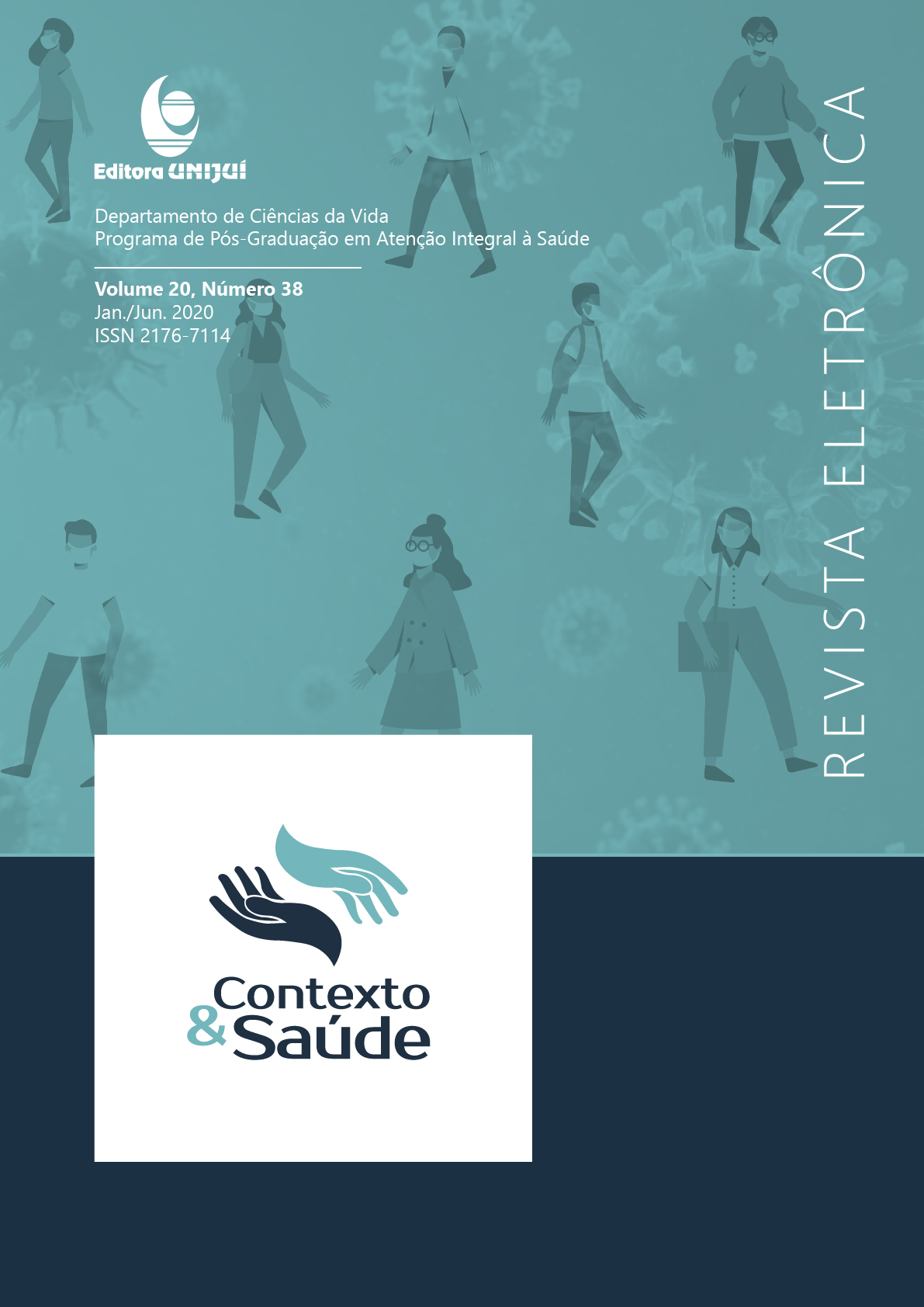Effects of selenium supplementation on glycemic parameters of polycystic ovary syndrome: Systematic review and meta-analysis.
DOI:
https://doi.org/10.21527/2176-7114.2020.38.113-121Keywords:
Polycystic ovary syndrome, selenium, insulin resistanceAbstract
This study aimed to verify, based on the literature, the effects of selenium supplementation on the glycemic parameters of polycystic ovary syndrome (PCOS). The study is a systematic review and meta-analysis of randomized clinical trials with a search conducted by two researchers from January to May of 2019, with temporal delimitation of the last ten years, in a database such as PUBMED, BIREME and MEDLINE, using the keywords polycystic ovary syndrome, selenium, and insulin resistance. After the search the articles were filtered according to the proposed theme, using the PRISMA protocol. Inclusion criteria were: randomized clinical trials with women with PCOS using selenium supplementation, including the Portuguese, Spanish and English languages. Three articles were selected at the end to compose the systematic review and meta-analysis. We applied Kappa index interavers. Statistical analyzes were performed in MedCalc software with presentation of odds ratios and their respective 95% confidence intervals. The results indicate that supplementation had positive effects in two of the three articles analyzed, whereas in one article the effect was negative with increased insulin resistance. Despite this, the analysis of the measure summarized by the meta-analysis showed that there were no effects for the group of cases with selenium supplementation. This meta-analysis showed that selenium supplementation does not appear to be important in the glycoprotein control related to PCOS, since it resulted in greater benefit for the control group of the studies analyzed.
Downloads
Published
How to Cite
Issue
Section
License
By publishing in Revista Contexto & Saúde, authors agree to the following terms:
The works are licensed under the Creative Commons Atribuição 4.0 Internacional (CC BY 4.0) license, which allows:
Share — to copy and redistribute the material in any medium or format;
Adapt — to remix, transform, and build upon the material for any purpose, including commercial.
These permissions are irrevocable, provided that the following terms are respected:
Attribution — authors must be properly credited, with a link to the license and indication of any changes made.
No additional restrictions — no legal or technological measures may be applied that restrict the use permitted by the license.
Notes:
The license does not apply to elements in the public domain or covered by legal exceptions.
The license does not grant all rights necessary for specific uses (e.g., image rights, privacy, or moral rights).
The journal is not responsible for opinions expressed in the articles, which are the sole responsibility of the authors. The Editor, with the support of the Editorial Board, reserves the right to suggest or request modifications when necessary.
Only original scientific articles presenting research results of interest that have not been published or simultaneously submitted to another journal with the same objective will be accepted.
Mentions of trademarks or specific products are intended solely for identification purposes, without any promotional association by the authors or the journal.
License Agreement (for articles published from September 2025): Authors retain copyright over their article and grant Revista Contexto & Saúde the right of first publication.

